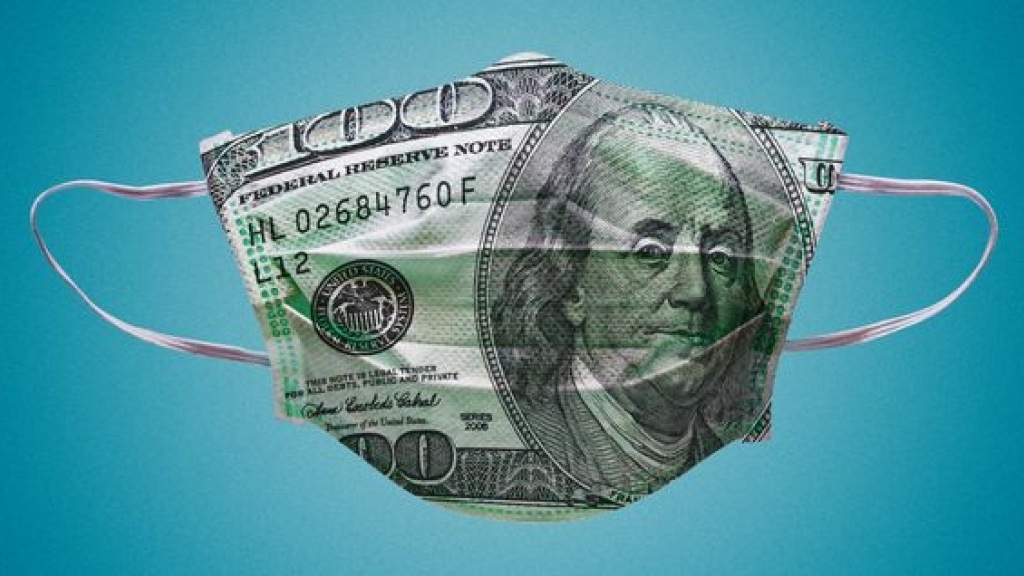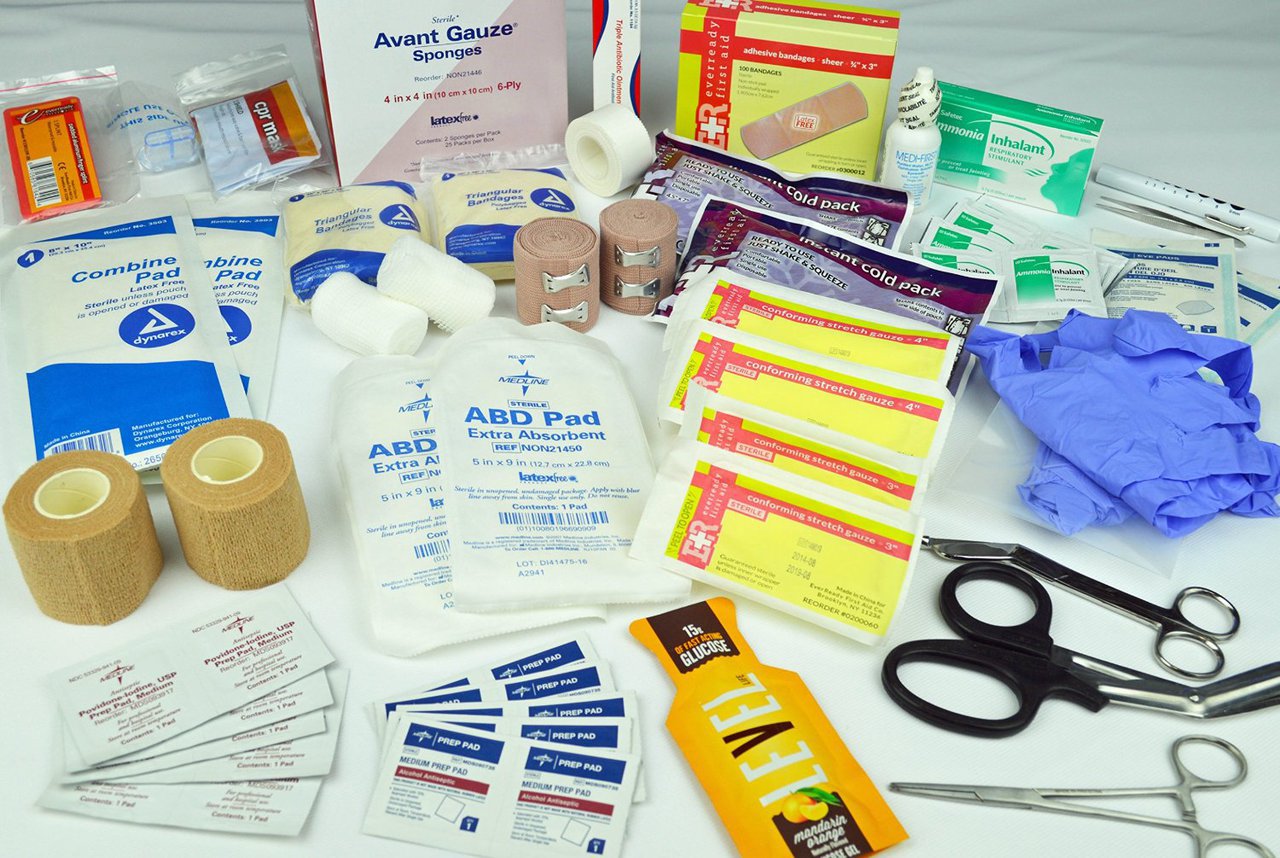RIO DE JANEIRO, BRAZIL – Leaders from the world’s major economies held a videoconference meeting last week to discuss solutions and coordinate actions to address issues arising from the Coronavirus pandemic.
Trump and Bolsonaro, two of the most controversial voices in the current global crisis, took part in the meeting.

The joint document reports that countries are taking immediate and vigorous measures to sustain their economies, protect jobs and businesses, and protect the most vulnerable through social protection. To this end, the leaders reported that they will inject over US$5 trillion (R$25 trillion) into the global economy.
The statement by the heads of the world’s leading economies comes at a good time, but will not solve the problems. This is likely to be the greatest crisis in our generation, and it demands swift and coordinated action.
There have now been over 21,000 deaths worldwide, and over 400,000 people are infected. These numbers are bound to multiply within hours. More than an economic crisis, it is a humanitarian crisis the likes of which we have never seen before and which places everyone in the same boat.
Last week Roberto Azevêdo, Director General of the World Trade Organization (WTO), also present at the G-20 meeting, reported that WTO economists forecast “a sharp downturn in trade” due to the crisis, but that cooperation, including in international trade, would help ensure that the economic crisis caused by the pandemic “is short and followed by a quick, inclusive and sustainable turnaround”.
Moving in the opposite direction of cooperation, figures show that export restrictions have proliferated significantly in recent weeks, particularly in relation to medical supplies.
According to Global Trade Alert data, export restrictions on medical supplies have been imposed by 57 countries, and of the 63 restrictions mapped, 48 were imposed in early March, and eight of them in the past forty-eight hours.
According to the data, demand for medical supplies is generally much higher than domestic production, and this is an immediate challenge for national industries. As worrying as they may be, restrictions on countries’ exports are exponentially spreading into the food sector.
The lack of cooperation in international trade could worsen the public health and economic crisis in the coming months. Fortunately, there is also positive news.
As an example, last Wednesday, March 25th, the Eurasian Economic Commission (EEC), acting as the supranational regulator of the Eurasian Economic Union, announced that it would reduce import tariffs to zero for certain foodstuffs, children’s goods and drugs by the end of the week.

Likewise, also in Brazil on Saturday, the Ministry of Economy zeroed import tariffs on over 61 pharmaceutical and medical-hospital products used in the fight against the Covid-19.
It was also agreed to temporarily suspend, for reasons of public interest, the anti-dumping duties applied to Brazilian importations of disposable syringes and plastic tubes for blood collection.
This extended the March 17th decision that had already zeroed the import tax on 50 products, including items such as medical gloves, hand sanitizer, masks, clinical thermometers, protective clothing against infectious agents, safety goggles and ventilators.
Public health and economic decisions are difficult to balance at this time. However, the decisions that governments and citizens take at this time will likely set the tone for the world in which we live from now on. The health systems, economy, politics, habits, and culture of the people will change. And perhaps that is not so bad.
There are no magical solutions to the severe health and economic ills of the hundreds of countries affected by the COVID-19, but the truth is that a lack of international cooperation and an uncontrolled epidemic with no regard for the daily appeals of the World Health Organization will result in an unprecedented number of deaths.
Ultimately, on the balance of what is most important now, it is worth remembering that the result of an uncoordinated world and congested health systems will cost the lives of millions of grandfathers, grandmothers, fathers, mothers, sons, and daughters. We need to be alive to bounce back from the damage later on.
Source: Exame

